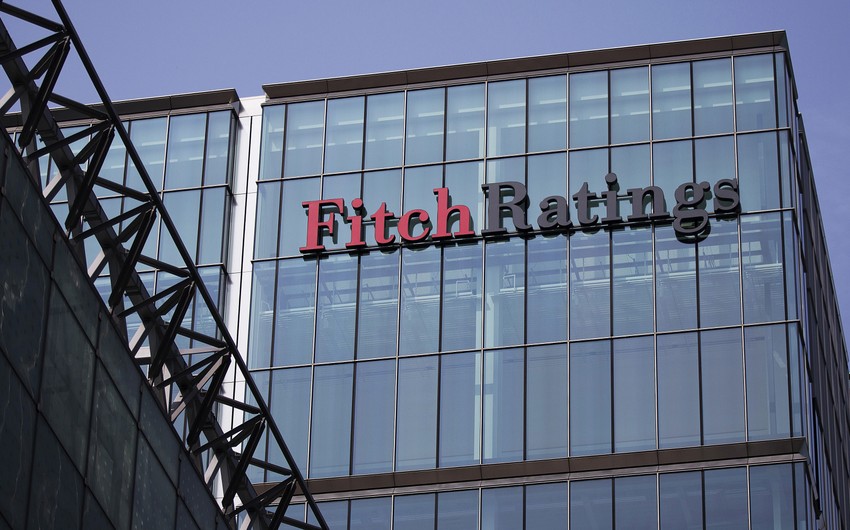Kazakhstan and Kyrgyzstan have the greatest potential for the growth of the Islamic finance industry in Central Asia in the medium to long term, Report informs, citing Fitch Ratings.
The international rating agency reports that interest in Islamic finance is rising due to strengthened economic cooperation and increased investments from the Gulf Cooperation Council (GCC) countries. However, Fitch believes this segment will likely remain niche for the time being.
Government initiatives aimed at attracting funding from GCC countries and Islamic multilateral organizations, the diversification of the financial sector, and enhanced financial inclusion could contribute to industry growth. However, the lack of favorable regulatory conditions, tax barriers, underdeveloped Islamic finance ecosystems, and limited availability of Islamic financial products may hinder progress. Moreover, Islamic banks in most countries in the region are not included in the deposit protection system, which could negatively impact public trust, the agency noted.
Fitch estimates that the volume of the Islamic finance industry in Central Asia will exceed $500 million by the end of 2024 (excluding multilateral funding). In 2024, deepening ties with GCC countries were seen as potentially aiding further development of Islamic finance, according to the report.
For instance, Qatar’s Lesha Bank acquired Kazakhstan’s Bereke Bank, and the Islamic Development Bank (IDB), based in Saudi Arabia, has been actively financing projects in the CIS countries. As of the end of 2023, the total financing volume of the IDB in the region reached $9.1 billion, with 41% allocated to Uzbekistan, 18% to Kazakhstan, 13.6% to Turkmenistan, and 13.2% to Azerbaijan.
Fitch views the Islamic bond market (sukuk) in Central Asia as being in its early stages. In 2023, the Islamic Corporation for the Development of the Private Sector issued the first sukuk in tenge, while in 2024, the Astana International Exchange (AIX) announced the issuance of the first local sukuk, Gamma-T SPC Limited. Earlier, in 2020, AIX carried out a cross-listing of sukuk from Qatar’s Qatar International Islamic Bank, followed by the listing of the IDB’s sukuk.
Despite positive trends, Islamic banking remains a marginal segment of the financial system. According to Fitch, by the end of 2024, its share in the banking systems of Kazakhstan and Kyrgyzstan is expected to be only around 1%.
Kyrgyzstan has one fully Islamic bank and four Islamic windows. In 2024, the volume of Islamic finance increased by 49.3%, significantly outpacing the overall growth in the banking sector (32.2%). In Tajikistan, one Islamic bank operates, and another is in the process of conversion. In Uzbekistan, Azerbaijan, and Turkmenistan, Islamic banks and windows are absent, the report says.
Kazakhstan aims to increase the share of Islamic finance to 3-5% by the end of 2025. Otbasy Bank plans to launch an Islamic mortgage program in 2025, and the country’s financial regulator is preparing legislative amendments that will allow traditional banks to open Islamic windows.
The Eurasian Development Bank recently joined the AAOIFI (Accounting and Auditing Organization for Islamic Financial Institutions) and plans to issue sukuk in 2025.
In Uzbekistan, Islamic financial (leasing and insurance) products are currently only offered by non-bank organizations. However, the country’s Central Bank has approved regulations allowing microfinance institutions to provide Islamic services. A draft law is also being developed to allow traditional banks to introduce Islamic windows.
Fitch concludes that while Islamic finance remains a niche segment in Central Asia, deepening cooperation with GCC countries, improving legislation, and growing interest from governments could promote its growth.
To achieve significant growth, key barriers must be removed, such as unequal tax conditions, weak Islamic finance infrastructure, and low public awareness of Sharia-compliant financial products, the agency summarizes.


